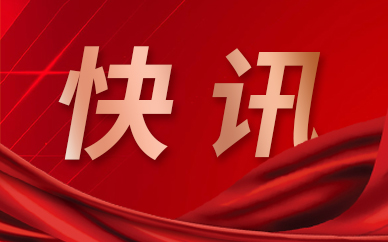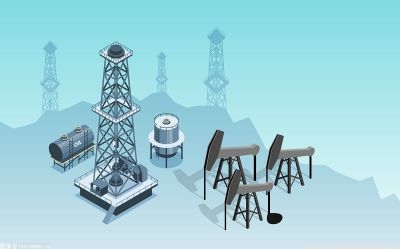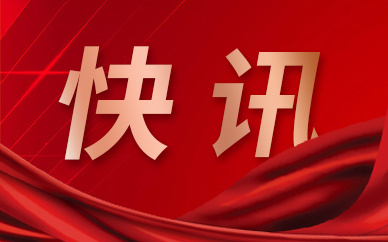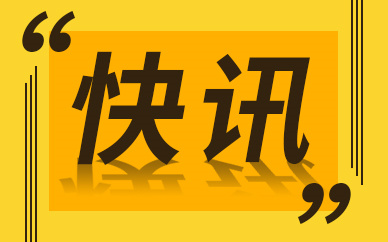 (资料图片)
(资料图片)
喀麦隆(Cameroon)
法语作Cameroun
正式名称喀麦隆共和国
西非共和国。面积475,501平方公里。人口约15,803,000(2001)。首都︰雅温得。境内有两百多个不同种族,包括芳人(占总人口1/5)、巴米累克人(占1/5)、杜亚拉人、富拉尼人及其他小部族群。俾格米人(当地称为巴杰利人和巴宾加人)居住在南部森林中。语言:法语和英语(官方语),以及各种方言。宗教:本土宗教、基督教和伊斯兰教(在北部占优势)。货币︰非洲金融共同体法郎(CFAF)。喀麦隆有四个地理区。南部区包括沿海平原和森林茂密的高原。中部区向北逐渐升高,包括阿达马瓦高原。北部区为稀树草原,地势向查德湖盆地倾斜。西部和北部沿奈及利亚边界一带的地势起伏多山,包括喀麦隆火山。主要河流中,萨纳加河流入大西洋,贝努埃河则向西流入奈及利亚境内的尼日河流域。喀麦隆经济为开发中的市场经济,主要以农业为基础。政府形式是共和国,一院制。国家元首是总统,政府首脑为总理。
欧洲人殖民之前,长期有人类居住。讲班图语部族从赤道非洲进入此地,定居在南方。其後穆斯林富拉尼人自尼日河流域迁入,定居北部。15世纪後期,葡萄牙探险家初探此地,并建立据点。17世纪,葡萄牙失去控制,由荷兰人起而代之。1884年,德国取得控制,将其保护领地扩展到喀麦隆。第一次世界大战期间,法、英两国军队联合行动,迫使德国人撤退。战後,喀麦隆被画分为法属和英属两个行政区。第二次世界大战後,两地改由联合国托管。1960年法国托管地成为独立共和国,1961年,英国托管领地的南部投票通过与新成立的喀麦隆联邦共和国合并,北部则与奈及利亚联合。近年来,经济问题造成境内不安。
English version:
Cameroon
officiallyRepublic of CameroonRepublic, West Africa. Area: 183,591 sq mi (475,501 sq km). Population (1997 est.): 14,678,000. Capital: Yaoundé. The country has more than 200 different ethnic groups, including the Fang (one-fifth of the population), Bamileke (one-fifth), Duala, Fulani, and other smaller groups. Pygmies (locally known as Baguielli and Babinga) live in the southern forests. Languages: French and English (official), local languages. Religions: indigenous religions, Christianity, Islam (predominant in the north). Currency: CFA franc. Cameroon has four geographic regions. The southern area consists of coastal plains and a densely forested plateau. The central region rises progressively to the north and includes the Adamawa Plateau. In the north a savanna plain slopes downward toward the Lake Chad basin. To the west and north along the Nigerian border the relief is mountainous, and includes Mount Cameroon. Of the main rivers, the Sanaga drains into the Atlantic Ocean, and the Benue flows westward into the Niger River basin in Nigeria. Cameroon has a developing market economy based largely on agriculture. It is a republic with one legislative house; its head of state is the president and its head of government, the prime minister. Long inhabited before European colonization, it had Bantu language speakers coming from equatorial Africa to settle in the south. They were followed by Muslim Fulani from the Niger River basin, who settled in the north. Portuguese explorers visited in the late 15th century and established a foothold, but they lost control to the Dutch in the 17th century. In 1884 the Germans took control and extended their protectorate over Cameroon. In World War I joint French-British action forced the Germans to retreat, and after the war the region was divided into French and British administrative zones. After World War II the two areas became UN trusteeships. In 1960 the French trust territory became an independent republic. In 1961 the southern part of the British trust territory voted for union with the new republic of Cameroon, and the northern part for union with Nigeria. In recent decades economic problems have produced unrest in the country.


















































































 营业执照公示信息
营业执照公示信息